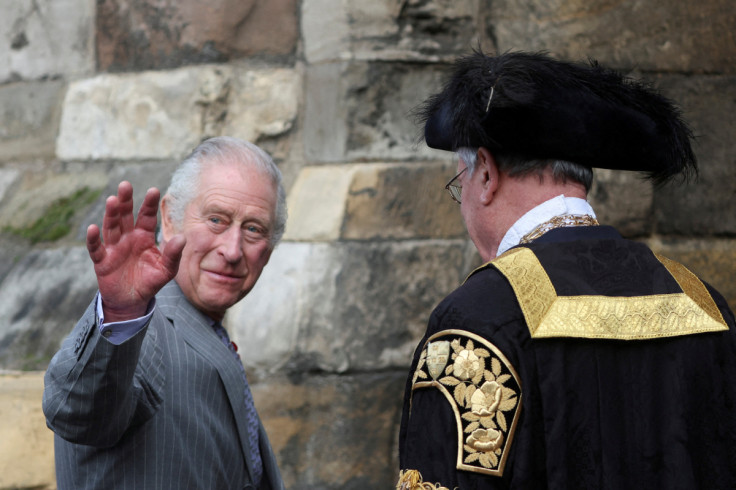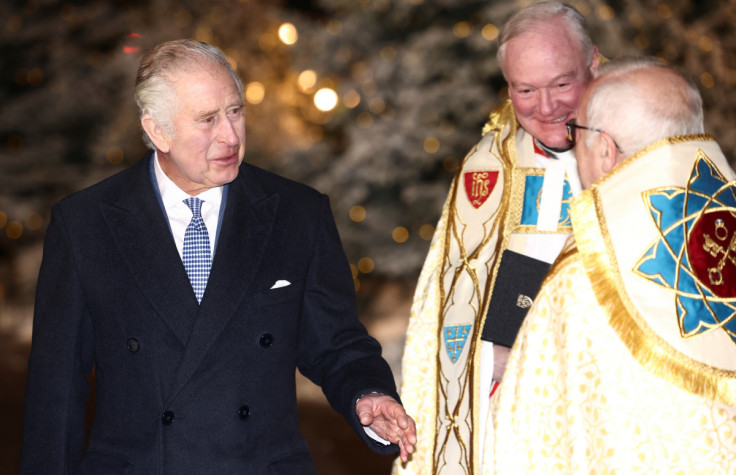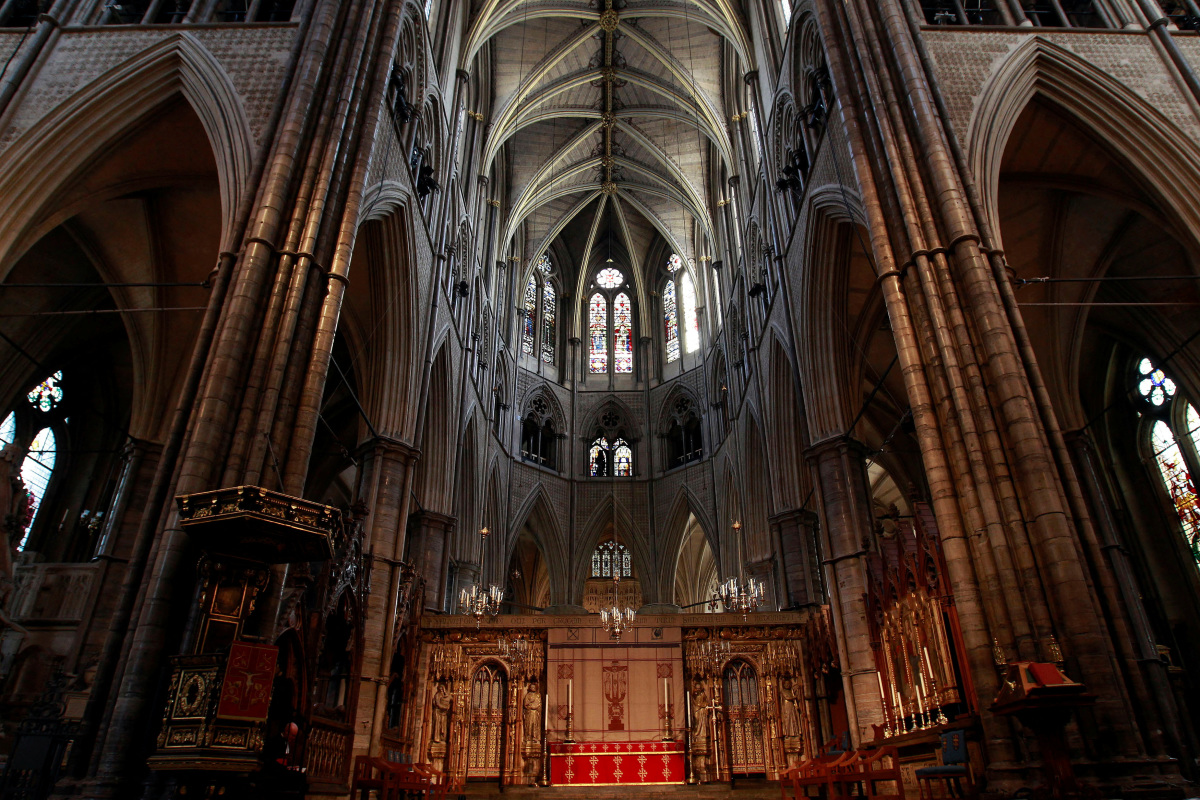Reuters
The historic Coronation Chair on which Henry VIII and other monarchs of England and later Britain have been crowned for some 700 years is getting a makeover ahead of this year’s ceremony for King Charles, London’s Westminster Abbey said.
Charles and his wife, Queen Consort Camilla, will be formally crowned on May 6 in a solemn religious ceremony at the Abbey where the coronation of kings and queens has taken place for the best part of a thousand years.
The centrepiece of the ceremony sees the crown placed on the head of the monarch sitting on the oak chair, which was originally covered in gold leaf gilding and elaborately decorated with coloured glass.
Charles will follow some of his famous forebears, such as King Henry VIII, Queen Victoria and his own mother Elizabeth II, in being crowned on the chair.
“It is the oldest surviving piece of furniture still used for its original purpose,” Krista Blessley, Paintings Conservator at the Abbey said.
The Coronation Chair was made on the orders of King Edward I to include the Stone of Scone, or Stone of Destiny, which had been used for the coronation of Scottish kings for centuries. Edward had brought down the Stone from Scotland in 1296.
It has featured in coronation ceremonies since 1308, and has been the chair used to crown monarchs since Henry IV in 1399, the Abbey says.
Over the years the chair has suffered from wear and tear, not least being subject to graffiti from local Westminster schoolboys and tourists during the 18th and 19th centuries. One visitor carved “P. Abbott slept in this chair 5-6 July 1800” on the seat.
A bomb attack in 1914, thought to have been organised by Suffragettes, also knocked a small corner off it. Its base, which features a lion at each corner, was also replaced in the 18th century.
Meanwhile, Scottish Nationalists took the Stone of Scone on Dec. 25, 1950 before it was recovered a few months later. The Stone was returned to Scotland in 1996 and is kept at Edinburgh Castle but will return to London for the coronation.
The latest conservation work will focus on cleaning the surface using sponges and cotton swabs to remove dirt, and stabilising surviving layers of gilding on the medieval chair and the base.
“The coronation chair is extremely fragile. It has a complex layer structure which means that the gilding layers on it often flake off,” Blessley said. “So a lot of my work at the moment is sticking those layers of gilding back down and making sure it’s completely sound for the coronation.”

Reuters

Reuters

Reuters






